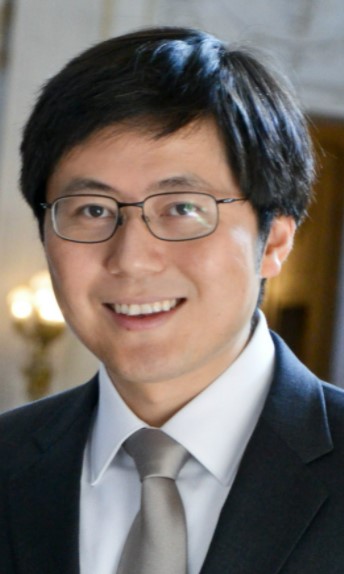Special Courts, Global China *CANCELLED*

*Event Cancelled*
Abstract
My talk will address China’s turn to specialized courts as a case study on how China’s global ambitions are shaping its domestic law reforms. I will argue that the country’s rapid construction of more professional special courts in areas such as cyberspace and global commerce is best understood as a product of certain political benefits associated with judicial specialization. These include several internal-facing benefits oft cited in China law scholarship: reducing agency problems posed by local actors, for example, or minimizing political risk. But they also include newer factors keyed to a number of grand strategic priorities. What the evidence makes clearest, in fact, is that China’s planners see specialized courts as a means of accelerating professional reforms in areas linked to the party-state’s developmental, technological, and geopolitical goals. Far from a precursor to liberalization, professional specialization is now being marshaled in an effort to service China’s global strategies.
About the Speaker
Mark Jia is a scholar of courts, procedure, and public law, with focus on the United States and China. His writings have appeared or will appear in the University of Pennsylvania Law Review, the Virginia Journal of International Law, the American Journal of Comparative Law, and the Harvard Law Review. His article, Illiberal Law in American Courts, was awarded the 2022 Mark Tushnet Prize by the AALS Section on Comparative Law.
Mark is currently a fellow with Harvard Law School's East Asian Legal Studies Program. He has practiced appellate litigation at two global law firms, and served as law clerk to three judges: Justice David Souter (ret.) and Justice Ruth Bader Ginsburg of the U.S. Supreme Court, and Judge William Fletcher of the U.S. Court of Appeals for the Ninth Circuit. Mark is a graduate of Princeton, Oxford, where he studied as a Rhodes Scholar, and Harvard Law School, where he was Articles Co-Chair of the Harvard Law Review.

